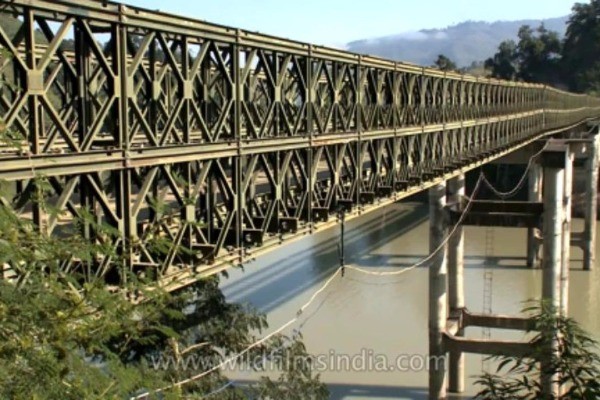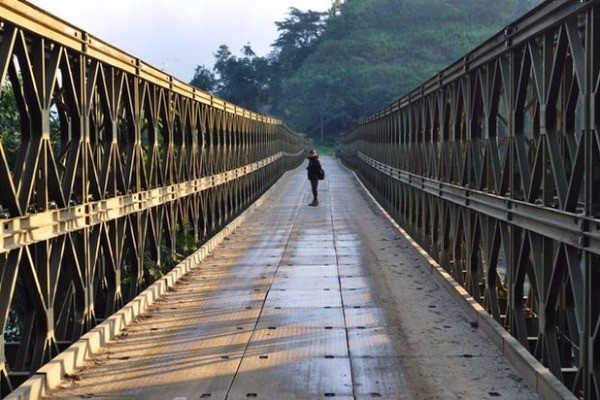Chubi Bridge
Chubi Bridge is a remarkable architectural marvel located in Aizawl, Mizoram, serving as a vital link for the local community and travelers. Spanning over a picturesque valley, this bridge not only facilitates transportation but also offers stunning views of the surrounding landscape. Chubi Bridge stands as a testament to modern engineering while blending seamlessly with the natural beauty of Mizoram, making it a popular spot for both locals and tourists seeking scenic vistas and unique photo opportunities.
Why Visit Chubi Bridge
- Stunning Views: The bridge offers breathtaking panoramic views of the lush valleys and hills surrounding Aizawl, making it a perfect spot for photography enthusiasts.
- Architectural Beauty: The design and structure of Chubi Bridge are impressive, showcasing modern engineering and architectural skills that attract admirers.
- Local Significance: As a crucial transportation link for the local community, visiting the bridge provides insight into the daily life and connectivity of the region.
- Ideal for Walks: The bridge is a pleasant place for a leisurely walk, allowing visitors to soak in the natural beauty and tranquility of the area.
- Nearby Attractions: The location of Chubi Bridge makes it easy to combine with visits to other nearby attractions, making it a convenient stop on your exploration of Aizawl.
Best Time to Visit
The best time to visit Chubi Bridge is from October to March when the weather is cool and pleasant, ideal for outdoor activities and enjoying the scenic beauty of the area. During this period, visibility is great, allowing for stunning views from the bridge.
How to Get There
- By Road: Chubi Bridge is easily accessible by road from various parts of Aizawl. Visitors can hire a taxi or use a private vehicle to reach the bridge.
- By Public Transport: Local buses and auto-rickshaws are available, providing convenient options for those traveling from the city center to the bridge.
Tips for Visitors
- Bring a Camera: The picturesque views from the bridge are perfect for photography, so don’t forget to capture the beautiful landscapes.
- Visit During Daylight: For the best experience, visit during the day when the views are clearer and the surrounding area is well-lit.
- Respect Local Usage: As the bridge is used by locals for daily transportation, be mindful of pedestrians and vehicles while enjoying your visit.
- Explore Nearby Areas: Take the opportunity to explore the surrounding areas and nearby attractions for a more enriching experience.
Chubi Bridge is not just a transportation route; it is a scenic viewpoint that offers a unique perspective of Mizoram's natural beauty and architectural achievement. A visit to this bridge promises a blend of adventure and tranquility, making it a worthwhile addition to your travel itinerary while exploring Aizawl. Be sure to take the time to enjoy the stunning views and experience the local culture during your visit!
Visitors' Reviews
None of our visitors shared their reviews on Chubi Bridge yet.
Write a Review on this Landmark

